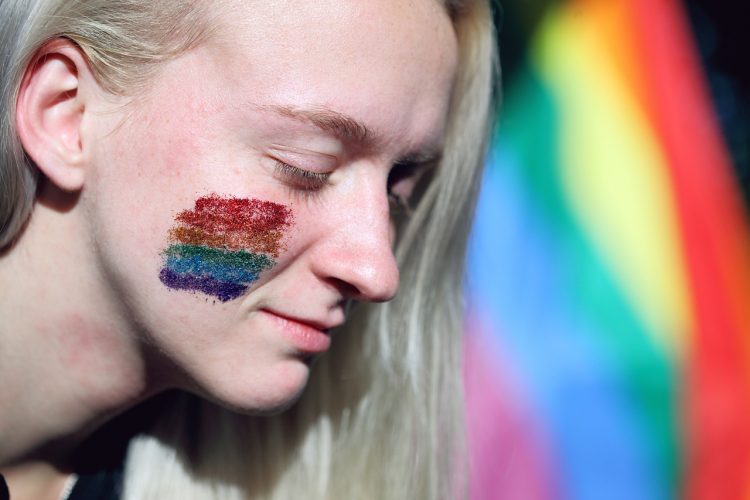
Women, The Disabled, and LGBTQ + the Oscar
Five years after the controversy over the #OscarSoWhite, the Academy of Motion Picture Arts and Sciences is revolutionizing the criteria for its most important award, the Oscar for Best Picture, in the name of inclusion. In the first explicit action to respond to pressures to promote diversity in the world of cinema, the Academy announced that starting from the 2024 edition, to be included among the nominations for the most coveted statuette, a film will have to respond to at least two on four standards applicable both in front of the camera and behind the scenes. In June, the organizers of the awards had announced the reform and have now explained how it will be applied.
 Many applause, but also controversy: on Twitter, Kirstie Alley defined the decision as “Orwellian” and “a disgrace for artists all over the world.” Former National Intelligence Director Richard Grenell also spoke up, stating, baseless and openly gay himself, that the new criteria show that “Democrats control Hollywood.” Among the new standards required by the Academy, one foresees the belonging of at least one of the protagonists to ethnic minorities; alternatively, 30 percent of the cast must be made up of two of the following categories: women, LGBTQ +, minorities, and/or disabled.
Many applause, but also controversy: on Twitter, Kirstie Alley defined the decision as “Orwellian” and “a disgrace for artists all over the world.” Former National Intelligence Director Richard Grenell also spoke up, stating, baseless and openly gay himself, that the new criteria show that “Democrats control Hollywood.” Among the new standards required by the Academy, one foresees the belonging of at least one of the protagonists to ethnic minorities; alternatively, 30 percent of the cast must be made up of two of the following categories: women, LGBTQ +, minorities, and/or disabled.
 In the meantime, starting in 2022 and again in 2023, each nomination for best film will have to be accompanied by a declaration of acceptance of the standards, a first step to encourage studios to think concretely about how to be more inclusive. Then, starting in 2024, each film will have to meet two of the four standards: minorities represented in the cast, in creative leadership, in internship and apprenticeship opportunities, in marketing, communication, and distribution cadres. The new criteria were promised in June in the wake of protests over the killing of African-American George Floyd by the White Minneapolis police.
In the meantime, starting in 2022 and again in 2023, each nomination for best film will have to be accompanied by a declaration of acceptance of the standards, a first step to encourage studios to think concretely about how to be more inclusive. Then, starting in 2024, each film will have to meet two of the four standards: minorities represented in the cast, in creative leadership, in internship and apprenticeship opportunities, in marketing, communication, and distribution cadres. The new criteria were promised in June in the wake of protests over the killing of African-American George Floyd by the White Minneapolis police.
The decision is part of the steps that Hollywood pledged to take five years ago following the #OscarSoWhite controversy over the failure to award “Selma,” the film by African-American Ava DuVernay on marches for the right to vote for blacks and more generally on the scarce presence of films interpreted, directed, and produced by minorities in the shortlist of awards.…

